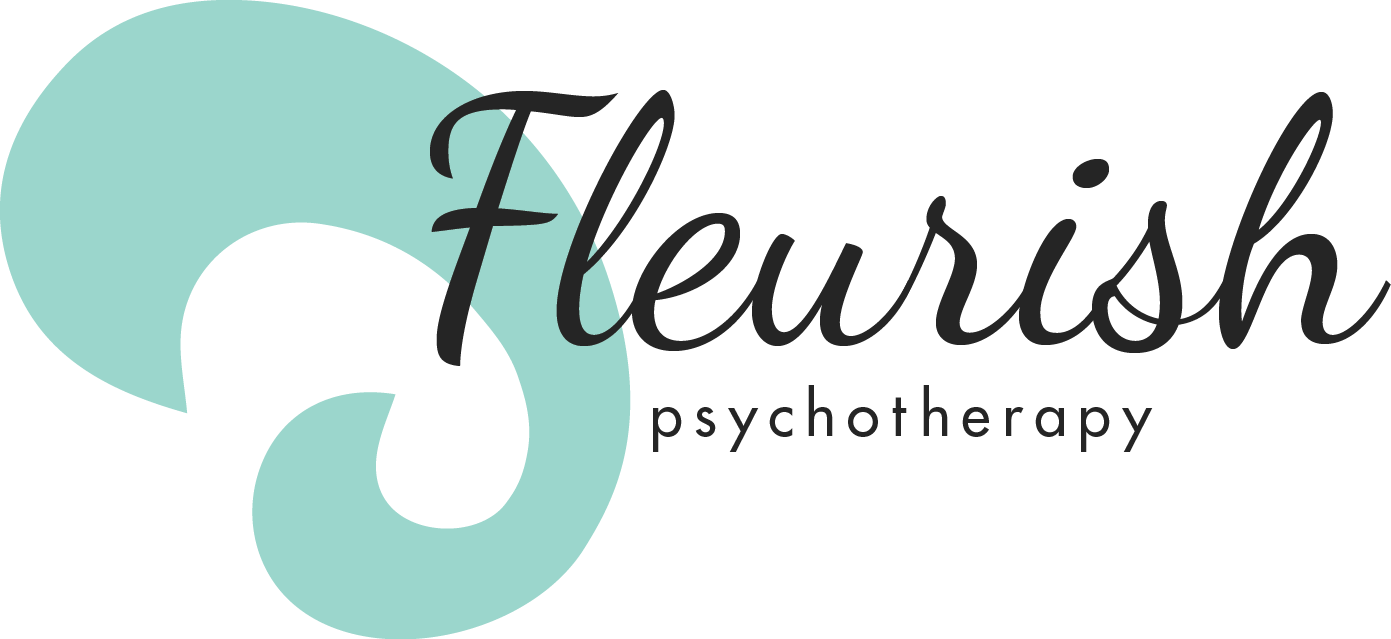How to Cope With Anxiety
Sometimes just the idea of coping with painful anxiety can make you anxious. But ignoring your anxiety tends to only make it worse. Finding ways to cope with anxiety by facing it is the way to go.
Anxiety – related to the emotion of fear – is a normal reaction to many situations. Anxiety is something everyone deals with at some point in their lives, in the form of anxious thoughts, fears, and worries. What will other people think of you? Will you do ok during that job interview?
It’s often a result of fears that you may have about uncertain situations, places, and even people in your life.
Problems occur when that anxiety pops up in situations where it doesn’t make sense or isn’t helpful, or where it is too intense (hello, panic attacks!).
No matter what causes your anxiety, dealing with it shouldn't be as stressful as being anxious itself. That's why we've come up with some tips for coping with your anxiety.
Here are some tips for coping with anxiety:
Trust that you’ve got what it takes (the skills and support) to get through the thing worrying you. This is especially true and important when it comes to overcoming the anxiety that’s based on *unrealistic* fears that don’t fit with the reality of the situation.
Try talking out your fears to someone who will listen kindly without judging you. A support group, a trusted friend or family member, or a therapist can all be helpful in calming your anxiety.
Validate the anxiety if it makes sense. Don’t judge yourself for how you feel. Sometimes stress and anxiety play a helpful role in motivating us to do something, or there really is a threat that our anxiety is warning us about (hello, coronavirus anxiety). If this is the case, validate that your body is doing what it’s supposed to do
Try journaling about your fears and worries. Processing what’s going on through writing may help your feeling subside
Remember that there are some things in life that are beyond your control. This is about radical acceptance. It doesn’t come easily, but working to accept the things you cannot change, can shift your anxious feelings.
Try shifting your focus onto something that *is* within your control.
Pursue activities that bring you a sense of peace or calm. Whether this is a solitary activity or a group activity, it should be something enjoyable that can help distract you from your anxious feelings and perhaps elicit calm ones.
Peace-bringing activities may include something active (like painting, writing/journaling, or doing different types of crafts) or passive (progressive muscle relaxation, deep breathing, or meditation)
These are just some of the many ways you can alleviate anxiety. If these tips just don’t cut it, you may want to consider talking to a therapist to work out a customized coping plan that addresses your specific symptoms and needs.
